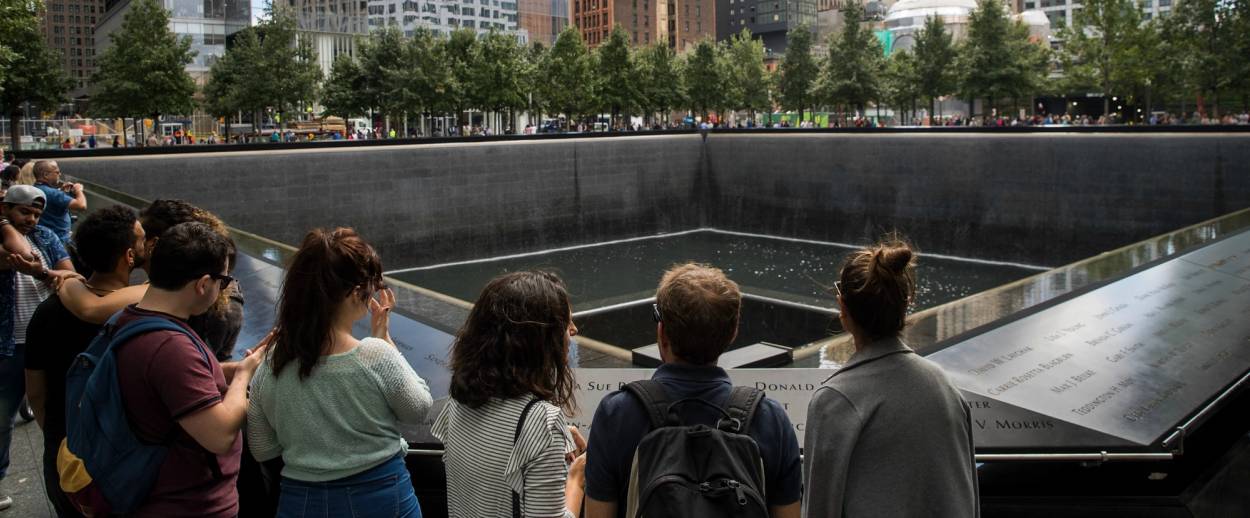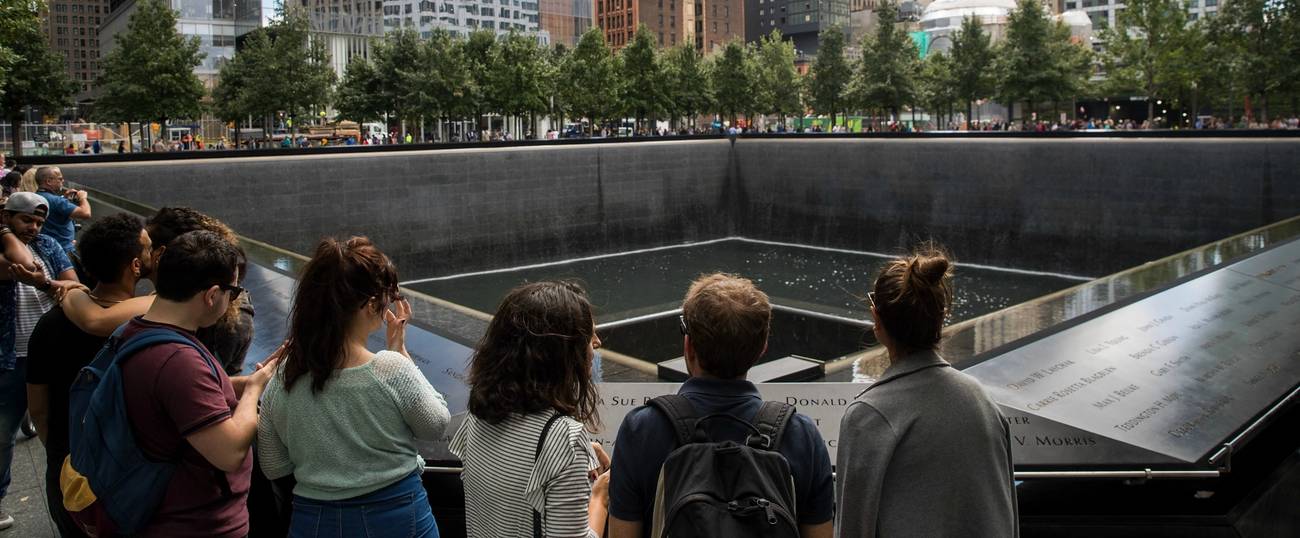On 9/11, Remembering My Fallen Friend, Danny Lewin
A tech billionaire and former Israeli commando, he taught me how to ask the hard questions we’re supposed to ask this time of year on the Jewish calendar




The Hebrew month of Elul, leading into the High Holidays, is a time for introspection. Tradition tells us that when Elul enters, we ought to begin the process of soul-searching that will culminate in Yom Kippur, asking ourselves each and every day what we can do to be better human beings. No one I have ever known embodied this idea more profoundly than my best friend, Danny Lewin, so it’s only fitting, perhaps, that he died in Elul, just a few days before Rosh Ha’Shana, on September 11, 2001.
As we now know from the 9/11 Committee’s report, Danny was the first victim of the first major terrorist attack on American soil. He was on board American Airlines flight 11 when he saw Mohamed Atta get up and rush the cockpit. A veteran of Sayeret Matkal, the IDF’s most elite unit, Danny didn’t think twice before getting up and trying to tackle the terrorist. But Atta’s accomplice, Satam al-Suqami, was sitting right behind Danny, and he produced a knife and slit Danny’s throat. Less than 30 minutes later, the plane crashed into the World Trade Center.
Not a day goes by when I don’t think of Danny, but I find remembering him particularly poignant this time of year. You’d expect an Israeli commando who made a fortune by starting a high-tech company, Akamai, that runs about one-third of all traffic online to be a cocky macho without much patience for reflection and meditation, but while he might’ve given that impression to those who only knew him from afar, his friends knew that Danny was just the opposite. When his colleagues at Haifa’s Technion were busy stressing out over the next exam, Danny was more interested in things like knot theory and the nature of infinity, the big questions that mattered. And on Friday nights, he’d power down, spending Shabbat with his family and friends and taking the time to think about things far more meaningful than business. Later, when his company went public in one of the biggest IPOs on record, he refused to go down to Wall Street and ring the bell. He had no interest in pomp and circumstance. Instead, he just popped his head out of his office and shouted cheerfully that everyone should get back to work and figure out how to make the company and its products even better.
Danny never once doubted the things that mattered most to him in life—his family, his company, his Judaism, and the two countries he loved so dearly, America and Israel. But he believed fiercely in Socrates’s motto that the unexamined life isn’t worth living. For him, every day was Elul, an invitation to think hard about what he had done wrong and how he can improve. He applied this principle with his company, growing it into one of the most successful tech start-ups in history. And he applied it in his friendship: He didn’t always have time to hang out, but when he did, he’d charge you with his relentless energy and leave you aspiring to ask tougher questions and strive for better answers. At an age of executives behaving badly, from Uber’s disgraced former CEO Travis Kalanick to the egomaniacal Donald Trump, Danny’s ability to probe and use inconvenient insights to change and grow is sorely missed.
I’m not much of an observant Jew, but I observe Elul. Today and every other day this month, I’ll be following my friend’s example, spending time reflecting on all the uncomfortable truths I have to accept before I can begin to change. There’s no better way to honor Danny’s memory.
Marco Greenberg is the author of Primitive: Tapping the Primal Drive that Powers the World’s Most Successful People.